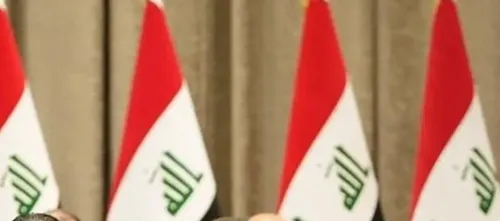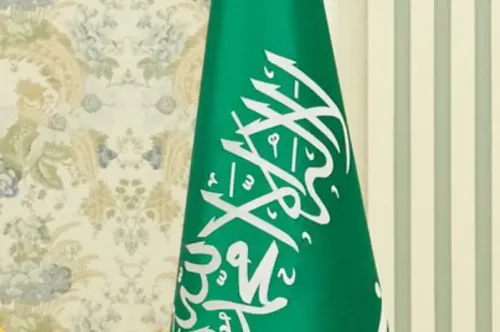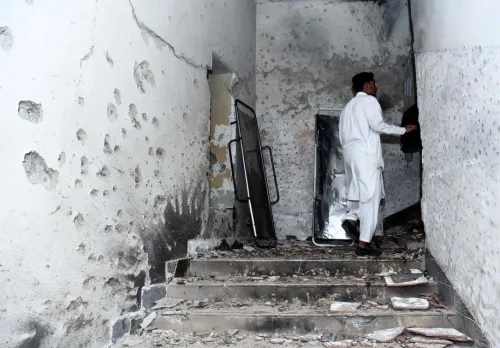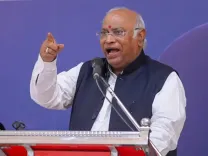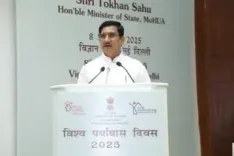Are Death Squads and Deception Pakistan's Answer to Balochistan Atrocities?
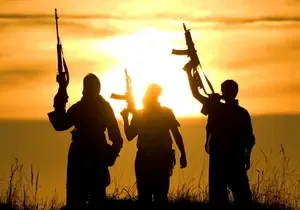
Synopsis
Key Takeaways
- Pakistan's army faces significant challenges from the BLA and TTP.
- Mir Shafiq-ur-Rehman appointed to lead controversial death squads.
- International human rights concerns are mounting.
- The CPEC project heightens the need for security assurances.
- Global scrutiny may impact Pakistan's military and financial support.
New Delhi, Oct 8 (NationPress) Pakistan is currently facing significant challenges posed by the Balochistan Nationalist Army (BLA) and Tehreek-e-Taliban Pakistan (TTP) in the region of Balochistan. As a minerals deal with the United States looms and the China-Pakistan Economic Corridor Project 2.0 (CPEC) approaches, it is crucial for Pakistan to provide security assurances to these nations.
The unfolding situation reveals that the Pakistan army has struggled to suppress these factions. In a desperate attempt to combat the BLA and TTP, the army has resorted to forming death squads in Balochistan, led by the notorious and brutal Mir Shafiq-ur-Rehman.
Sources indicate that Rehman will oversee operations for the Islamic State Khorasan Province (ISKP) in the area, managing arms supplies and the establishment of the death squads.
The Pakistan army has been accused of committing grievous offenses against the Baloch populace, including allegations of genocide, which has drawn condemnation from the international community.
It is unlikely that both the US and China would wish to engage with a nation whose military is implicated in such atrocities against innocent civilians, including women and children. Numerous reports of torture, forced disappearances, and sexual violence have emerged.
Human rights organizations worldwide have raised alarms about these issues on multiple occasions. This situation is detrimental to Pakistan, which is in dire need of international financial and military support.
Given the global context and the embarrassment faced by the Pakistan army in Balochistan, the decision to deploy terrorist groups to combat the BLA and TTP aims to disguise state-sponsored violence as acts of terrorism. Pakistan understands that any harm to US interests in the region would likely increase military aid.
Intelligence assessments suggest that Rehman has already started his operations. A tribal leader from Khuzdar and a long-standing asset of the ISI, his involvement indicates the gravity of the situation.
Rehman is currently establishing safe havens for ISKP militants while also recruiting members from Lashkar-e-Taiba and Jaish-e-Mohammed. His role will involve coordinating attacks against both the TTP and BLA, as well as targeting the Baloch people.
This is not Rehman’s first operation in Balochistan; he has previously been accused of leading death squads. However, this operation is poised to be on a much larger scale, with substantial arms shipments heading to the region.
Many ISKP fighters are being relocated from Afghanistan to undertake operations in Balochistan under Rehman’s supervision. The ISI aims to bombard the Baloch population into submission, indicating that these operations will be extensive.
This maneuver represents a classic shadow war by Pakistan to clear its army of genocide accusations. Experts warn that this perilous strategy could drastically alter regional dynamics, but it is anticipated that this deception will soon be exposed.

